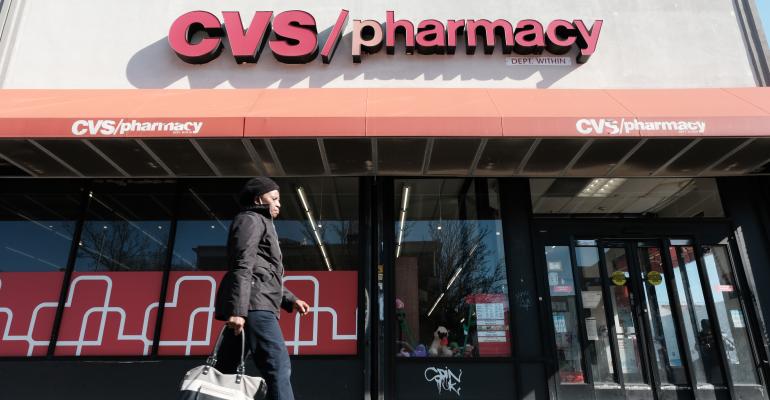CVS Health is further diversifying its health care empire with the planned acquisition of Oak Street Heath for about $10.6 billion, the companies said on Wednesday.
“Oak Street Health has a proven senior-focused primary care model that is scalable at a national level,” said Karen S. Lynch, president and CEO, of CVS Health, in a conference call discussing fiscal 2022 results, which the company reported after announcing the Oak Street Health acquisition. “Their innovative care model goes beyond typical primary care to provide patients with comprehensive preventative care to support overall health and well-being.”
Oak Street Health operates 169 medical centers across 21 states, employing about 600 primary care providers. Bringing CVS Health and Oak Street Health together could reduce care costs and improve outcomes, particularly for those in underserved communities, where Oak Street focuses its services, according to CVS.
A key feature of Oak Street is its integrated technology solution, Canopy, is used to determine the appropriate type and level of care for each patient. That care will be enhanced by CVS Health’s community, home and digital offerings, the companies said.
Oak Street’s Medicare-focused services complement CVS’s own assets, including its 1,100-plus MinuteClinics, in several ways, Lynch said. For example, MinuteClinics offer convenient access and additional clinical capacity for Oak Street, with preventive care and chronic care services for seniors. The merger would also enhance access to CVS’s nurse practitioner workforce, and CVS would be able to provide “wraparound” services such as medication reconciliation and post-discharge follow-ups.
“The potential across CVS Health’s base of assets is powerful,” said Lynch.
The acquisition, for $39 per share in cash, is expected to close in 2023, CVS said.
Following the close of the transaction, Mike Pykosz, CEO, will continue to lead Oak Street Health, which will become part of CVS Health's recently formed Health Care Delivery organization.
“The expansive consumer touch points of CVS Health virtually and in the community, including the trusted CVS pharmacists, will broaden and deepen our connections with the patients under our care,” Pykosz said during CVS’s earnings call.
By 2026, Oak Street Health expects to operate more than 300 centers.
The announcement of the Oak Street acquisition follows CVS’s agreement last year to acquire Signify Health, which has a network of physicians and other health care professional that conduct home-based patient visits and then connect patients to appropriate follow-up care and resources.
Meanwhile CVS Health on Wednesday reported revenue gains of 9.5% for the fourth quarter and 10.4% for the full year, which ended Dec. 31, compared with the year-ago results. Revenues totaled $83.85 billion for the quarter and $322.5 billion for the year.
Operating income decreased 41.3% for the year, however, primarily due to $5.8 billion of opioid litigation charges and a $2.5 billion loss related to the write-down of its Omnicare long-term care business.
Revenues in the company’s retail division were up about 4% for the fourth quarter, to $28.2 billion, and 6.5% for the full year, to about $106.6 billion, compared with year-ago results. The gains were driven by increased prescription and front store volume, including the impact of an elevated cough, cold and flu season compared to 2021, pharmacy drug mix and brand inflation. These increases were partially offset by decreased COVID-19 vaccinations and diagnostic testing, the impact of recent generic introductions and continued pharmacy reimbursement pressure.
Same-store sales were up 7.7% for the quarter and 9% for the year. Those figures included pharmacy same-store sales gains of 9.1 and 9.5% for the quarter and year, respectively, and front-of-store same-store sales gains of 3.1% and 7.4%, for the quarter and year, respectively.
Adjusted operating income in the retail segment decreased 25.1% and 12% for the three months and year, respectively, compared to the prior year, primarily driven by decreased COVID-19 vaccinations and diagnostic testing, continued pharmacy reimbursement pressure, increased investments in the segment's operations and capabilities and decreased gains from legal settlements compared to the prior year.
CVS’s retail segment will continue to feel the impact of lower contributions from COVID-related services, said Shawn Guertin, executive VP and chief financial officer. He said the company expects 2023 retail revenue growth of 1% to 3% and prescription growth of 2% to 4%, despite continuing decreases of COVID-19 vaccines. Adjusted operating income in the segment is expected to decline to between $5.95 billion and $6.05 billion.





